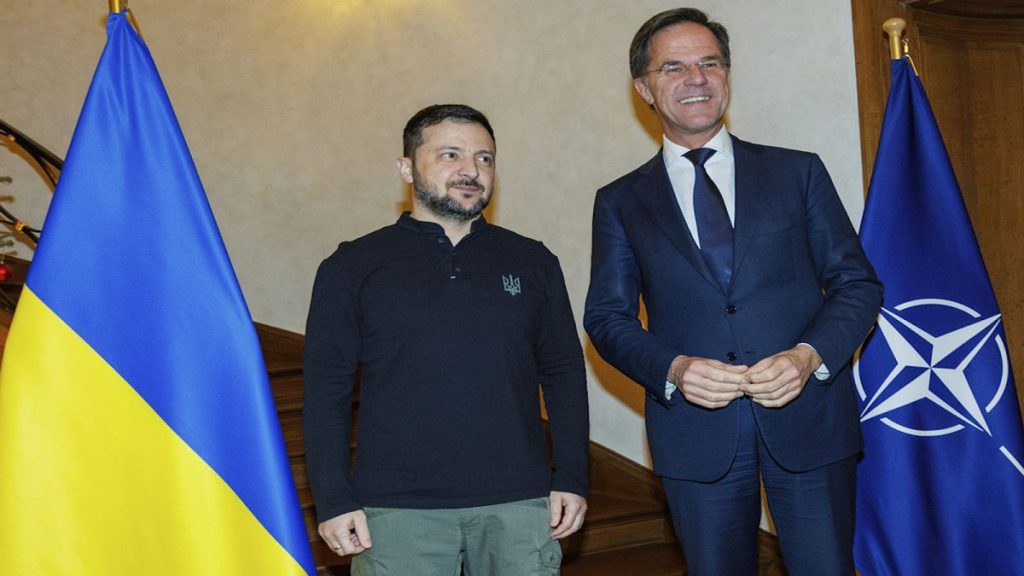The Urgency of Bolstering Ukraine’s Position for Future Peace Negotiations
The ongoing conflict between Russia and Ukraine has brought the issue of peace negotiations to the forefront of international discussions. NATO Secretary-General Mark Rutte, along with other European leaders, has emphasized the crucial need to empower Ukraine and ensure it holds a strong position in any potential peace talks with Russia. This involves providing Ukraine with the necessary military aid, including robust air defense systems and other weaponry, to bolster its defense capabilities and enhance its negotiating leverage. The fundamental aim is to prevent Ukraine from being coerced into an unfavorable peace agreement and to ensure that any future negotiations are conducted on terms that respect Ukraine’s sovereignty and territorial integrity.
Rutte’s meeting with Ukrainian President Volodymyr Zelenskyy highlighted the collective effort to equip Ukraine for potential negotiations. Zelenskyy himself stressed the importance of a unified European stance in supporting Ukraine, advocating for increased military assistance, particularly in strengthening air defense capabilities. He views these measures as critical for safeguarding Ukrainian civilians and enhancing the overall resilience of the Ukrainian armed forces. The shared objective is to establish a foundation of strength for Ukraine, ensuring that it can enter any peace discussions with a credible military backing and a position of influence.
A key concern among European leaders is the timing and framework of potential peace talks. Rutte expressed a desire to discuss the matter with fellow EU leaders, underscoring the need for a coordinated European approach. However, he also cautioned against premature speculation about the terms of a potential peace agreement, emphasizing that such discussions should be left to the parties directly involved – Ukraine, Russia, and any other designated participants. Preemptive discussions among European leaders, he argued, could inadvertently weaken Ukraine’s negotiating position by providing Russia with insights into potential concessions.
The overarching objective of the European leaders’ focus on strengthening Ukraine is multifaceted. First and foremost, it aims to enhance Ukraine’s ability to defend itself against ongoing Russian aggression. A robust military posture not only protects Ukrainian territory and citizens but also serves as a deterrent against further escalation. Secondly, strengthening Ukraine’s military capabilities strengthens its hand in any future negotiations. A well-equipped and capable military provides leverage, making it more difficult for Russia to impose unfavorable terms.
Furthermore, European support for Ukraine sends a strong signal of solidarity and resolve. By providing military and political backing, European nations demonstrate their commitment to upholding international law and deterring further acts of aggression. This unified front acts as a counterbalance to Russian influence and reinforces the message that any attempts to redraw borders by force will be met with firm resistance. This collective stance is crucial for maintaining stability in the region and discouraging future conflicts.
Finally, the emphasis on strengthening Ukraine’s position for peace negotiations underscores the commitment to a peaceful resolution of the conflict. While providing military aid is essential for Ukraine’s defense, the ultimate goal is to achieve a just and lasting peace. By empowering Ukraine in potential negotiations, European leaders aim to create conditions conducive to a meaningful dialogue that can lead to a stable and secure future for the region. This involves not only supporting Ukraine’s military but also supporting its diplomatic efforts and ensuring that any peace agreement adequately addresses the root causes of the conflict.














